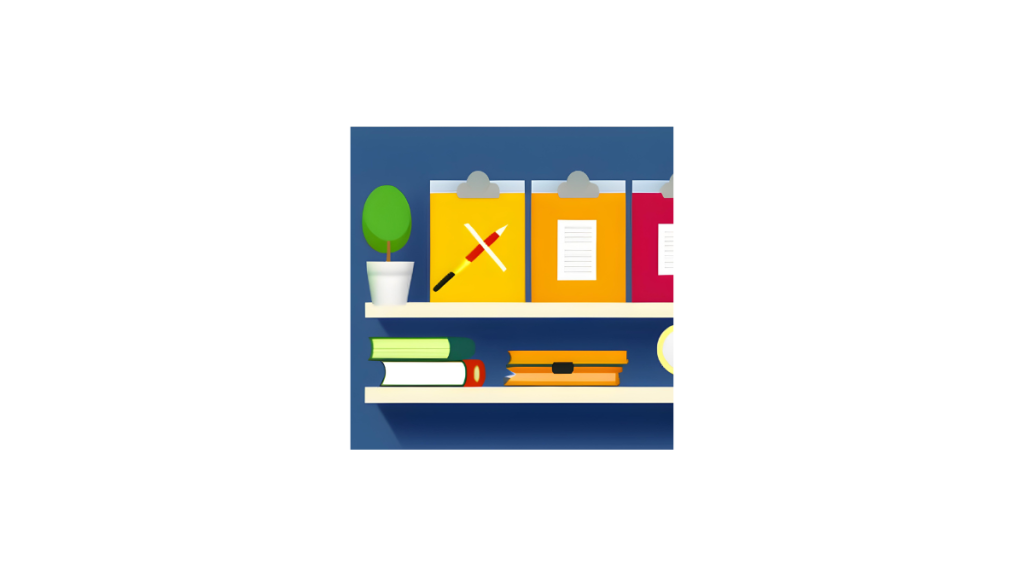LEARNING CARDS TO VALIDATE HYPOTHESES
Accelerate your business with these expert tips on "Learning Cards to validate hypotheses". Analyse and discover this TIP!
Learning Cards, also known as "learning cards", are a innovation tool and validation of hypotheses used by entrepreneurs and companies to organise, visualise and share the learning acquired in the process of validating their products or services.
These cards are used to record and share the learning and conclusions that have been obtained in the hypothesis validation process, allowing teams and entrepreneurs to keep track of the learning obtained as they progress in their innovation and validation process.
Learning Cards are used to document different aspects related to the validation of hypotheses, such as the client's needs, the problems detected, the proposed solutions, the results of the experiments carried out and the lessons learned.
Each card is used to record a particular idea or learning, and usually includes information such as the title of the card, description of the idea or learning, sources of information used, experiments conducted, results obtained and conclusions drawn.
The advantages of using Learning Cards in hypothesis validation include the following
- They help teams to organise and visualise the learning gained during the validation process.
- They allow learning to be shared and discussed effectively with the rest of the team and other project stakeholders.
- They facilitate decision-making and the identification of opportunities for improvement in the innovation process.
- They help to avoid errors and improve the quality of the information obtained during validation.
Possible disadvantages of using Learning Cards include:
- They may require time and effort to create and update.
- They may be insufficient if not used in conjunction with other data validation and analysis tools.
- They may not be useful if they are not used properly or if the learning recorded on the cards is not properly followed up.
Practical example of how Learning Cards can be used to validate a hypothesis in a start-up:
Suppose a startup is developing a mobile app to facilitate the booking of appointments in hairdressing salons. The hypothesis they want to validate is that users would be willing to pay for a monthly subscription that gives them access to exclusive discounts at the app's partner hairdressers.
TO VALIDATE THIS HYPOTHESIS, THE STARTUP COULD USE LEARNING CARDS IN THE FOLLOWING WAY:
- Identify the key questions: First, the startup should identify the key questions it needs to answer to validate the hypothesis. Some of these questions could include: How much would users be willing to pay for a monthly subscription? What kind of discounts would be most attractive to them? How many times a month do potential users visit the salons?
- Designing Learning Cards: Next, the startup should design Learning Cards for each of the questions identified in the previous step. For example, a Learning Card could ask: "Would you be willing to pay $10 per month for a subscription that gives you access to exclusive discounts at our app's partner hairdressers?"
- Conduct interviews with potential users: The startup should conduct interviews with potential users to obtain answers to the key questions identified in the first step. During the interview, the interviewer should present the relevant Learning Cards and ask the user to select an answer. For example, if the Learning Card asks if they would be willing to pay $10 per month, the user could select "Yes" or "No".
- Analyse the results: Finally, the startup should analyse the results of the interviews to determine whether the hypothesis has been validated or not. If the majority of potential users are willing to pay for a monthly subscription, and the types of discounts offered are attractive, then the hypothesis has been validated and the startup could move forward with the development of its app. If the results are not positive, then the startup would have to re-analyse its business model and make adjustments.
In short, the use of Learning Cards can help startups to validate their hypotheses more efficiently and effectively, and to make data-driven decisions based on interviews with potential users.
APPLY THIS TIP TO YOUR PROJECT
QUIZ
- 💻 PRACTICE with an expert in on next practical webinar.
- 🔎 CONSULT more related TIPs with this same theme.
- 📖 AMPLIA your knowledge by downloading this EBOOK.
THINK ABOUT YOU
- 🚀 IMPULSA your company in the next acceleration programme, ¡book your place now!
- 🥁 PRACTICE with your project in this practical webinar, ¡apply for your place!
- 🌐 CONTACT with other entrepreneurs and companies, ¡register and take part in the next Networking!
THINK ABOUT HELPING OTHERS
- 🤝COLLABORATE as a volunteer: expert, mentor, inverter, awarding, Spreading the word, challenging, innovating, creating a TIP...
- 💬 RECOMMENDS this programme to reach out to more entrepreneurs by Google.
- 👉 SHARE your learning!
- 📲 SEND this TIP 👇
Rate this TIP!
Click on the stars to rate
Rating "1" - Average " - Average5"
No votes yet, be the first to vote!
We are sorry you did not find it useful.
Help us improve this TIP!
Leave us a comment and tell us how you would improve this TIP










